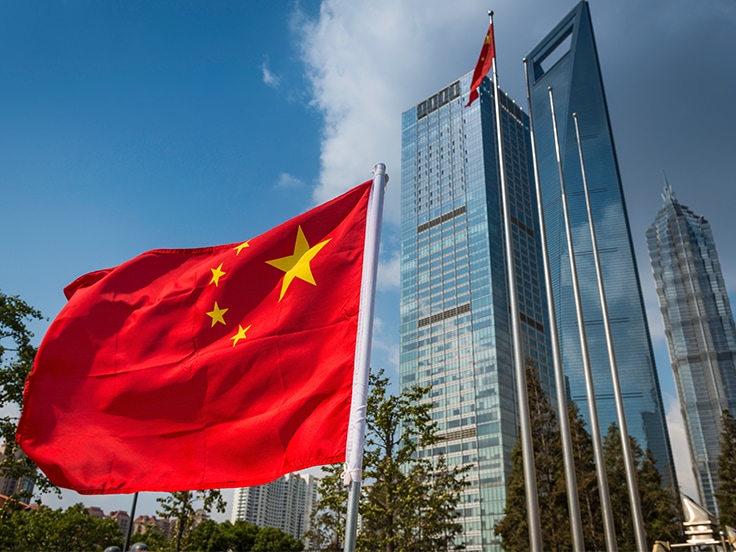This is inspired by the recent actions of our incoming president Donald Jintavious Trump.
In theory, I don't necessarily think it's a bad move. For decades America has become too reliant on importing goods and using cheap labor, and not doing enough to develop a strong manufacturing base.
The formula for state-building is as old as time. Every strong economy in world history has done it the same way. Businesses and the government collaborate to produce as many goods and services as you can on your own soil, and then get into strategic trade agreements with other countries to supplement what you don't produce well and what they excel at. And if local businesses want to import anything from other countries there's a tax, because ideally you should be getting what you need from your native country (if you can) because that further enhances the national economy.
In our current situation, the government should also be using its resources to help subsidize American businesses to offset the rising cost of production, so then it's not as difficult for businesses to pay employees higher wages because they're getting financial help from the government in the form of grants, tax breaks, subsidies, etc. And we obviously have the money because whenever we need to give Ukraine or Israel or whoever billions of dollars the money appears expeditiously.
The problem in today's climate is that you have the government working for and enabling corporations instead of regulating them. So I don't think this particular set of tariffs is going to play out well for the common person because the corporations will just pass on the increase in costs to the consumer with no penalty.
The United States has become addicted to low cost labor from other countries. And I understand that bringing manufacturing back in house will create a higher cost of doing business. However, a few things happen when you have a strong manufacturing base. 1) you can typically starts selling your goods to other countries thus increasing your revenue and boosting the national economy 2) the people now working in manufacturing are being paid more and thus able to afford the higher prices on goods and 3) in a true free trade economy, if one business starts getting greedy and tries to keep prices high but not compensate their employees, then another business will emerge and provide that same product or service at a more competitive price. That is the essence of free trade.
However, in our current climate, corporations use the government and the courts to crush smaller businesses, and government subsidies seem to only go to the top 5% of corporations, so as I mentioned, I don't think this current tariff situation will play out well for the foreseeable future.
But both in theory and in historical practice, tariffs can be used as an effective tool for economic development.
Thoughts?
In theory, I don't necessarily think it's a bad move. For decades America has become too reliant on importing goods and using cheap labor, and not doing enough to develop a strong manufacturing base.
The formula for state-building is as old as time. Every strong economy in world history has done it the same way. Businesses and the government collaborate to produce as many goods and services as you can on your own soil, and then get into strategic trade agreements with other countries to supplement what you don't produce well and what they excel at. And if local businesses want to import anything from other countries there's a tax, because ideally you should be getting what you need from your native country (if you can) because that further enhances the national economy.
In our current situation, the government should also be using its resources to help subsidize American businesses to offset the rising cost of production, so then it's not as difficult for businesses to pay employees higher wages because they're getting financial help from the government in the form of grants, tax breaks, subsidies, etc. And we obviously have the money because whenever we need to give Ukraine or Israel or whoever billions of dollars the money appears expeditiously.
The problem in today's climate is that you have the government working for and enabling corporations instead of regulating them. So I don't think this particular set of tariffs is going to play out well for the common person because the corporations will just pass on the increase in costs to the consumer with no penalty.
The United States has become addicted to low cost labor from other countries. And I understand that bringing manufacturing back in house will create a higher cost of doing business. However, a few things happen when you have a strong manufacturing base. 1) you can typically starts selling your goods to other countries thus increasing your revenue and boosting the national economy 2) the people now working in manufacturing are being paid more and thus able to afford the higher prices on goods and 3) in a true free trade economy, if one business starts getting greedy and tries to keep prices high but not compensate their employees, then another business will emerge and provide that same product or service at a more competitive price. That is the essence of free trade.
However, in our current climate, corporations use the government and the courts to crush smaller businesses, and government subsidies seem to only go to the top 5% of corporations, so as I mentioned, I don't think this current tariff situation will play out well for the foreseeable future.
But both in theory and in historical practice, tariffs can be used as an effective tool for economic development.
Thoughts?
